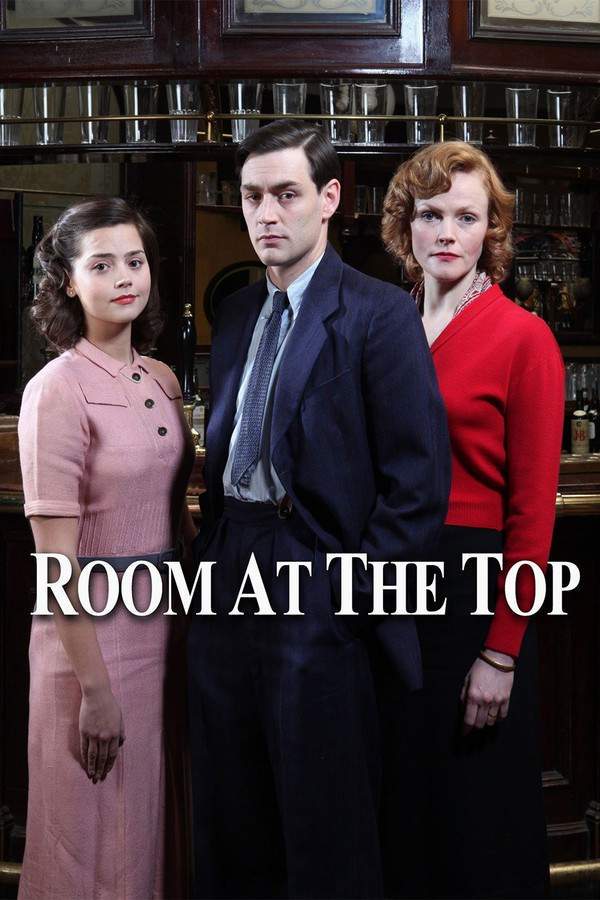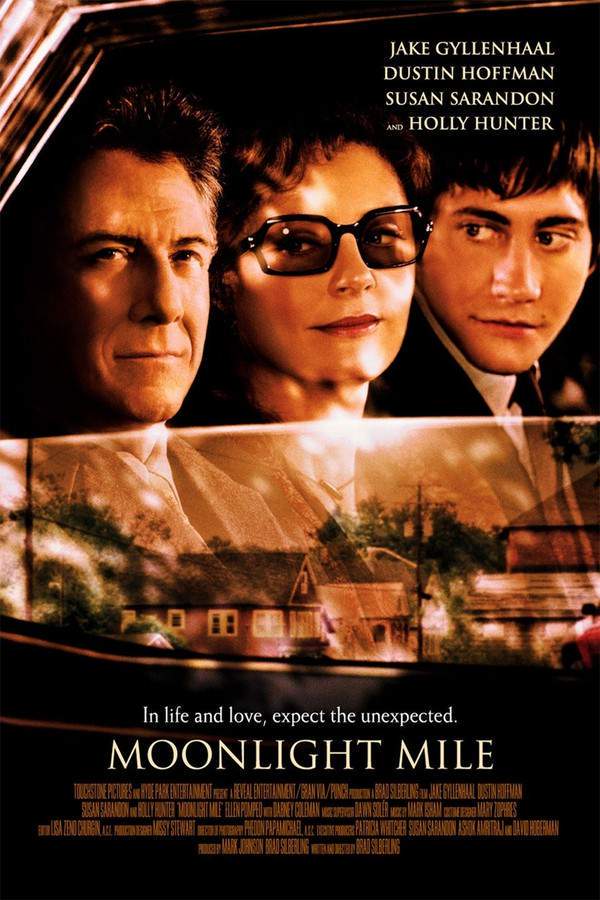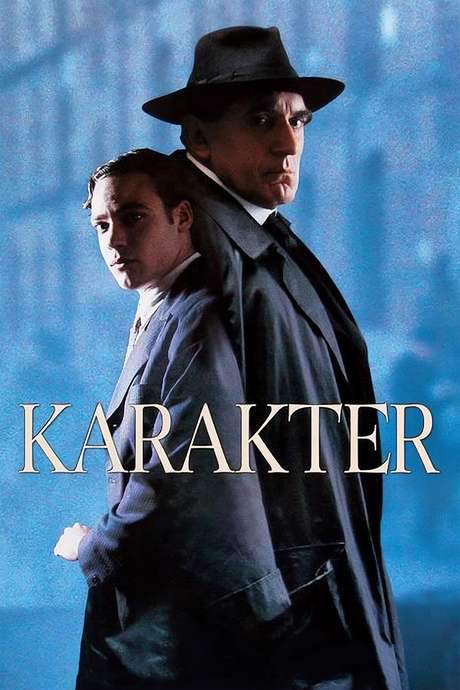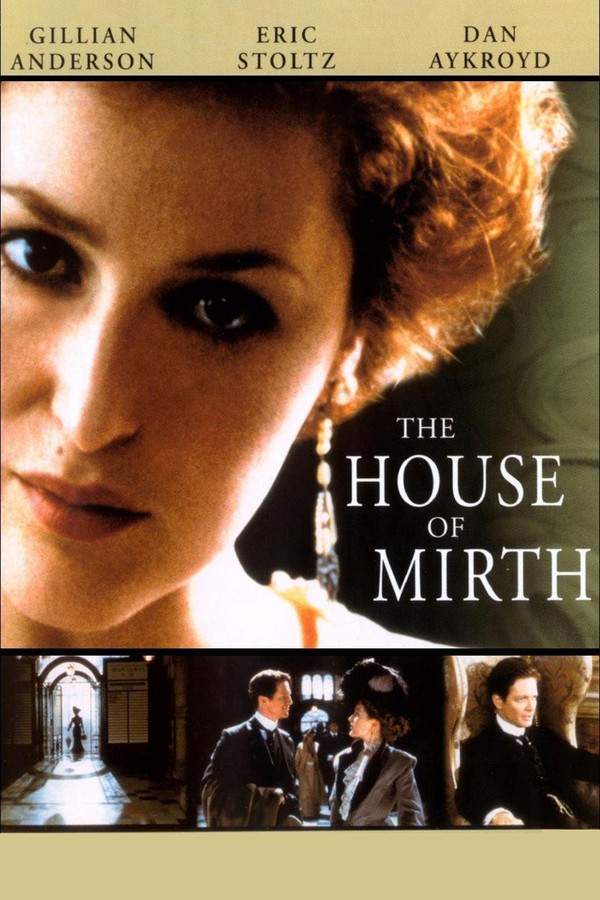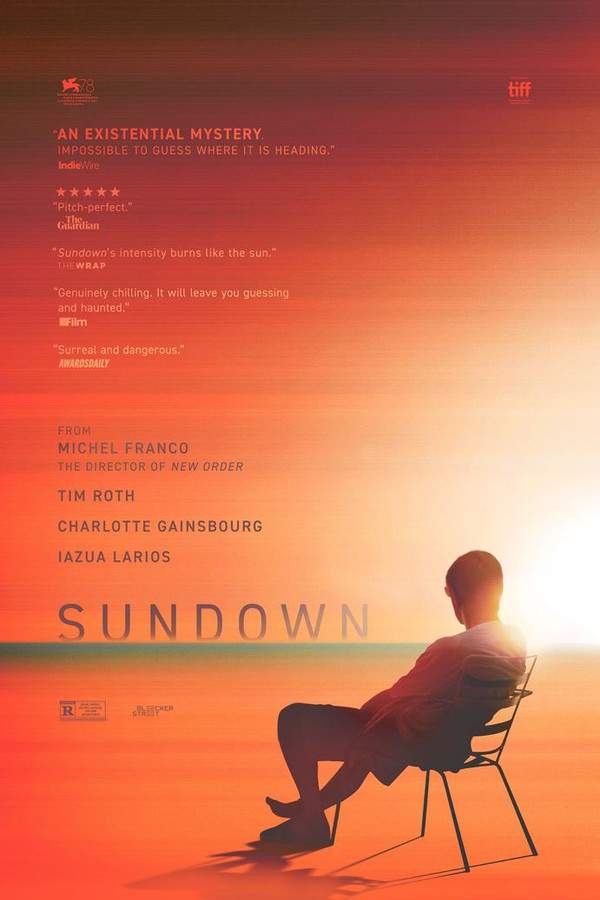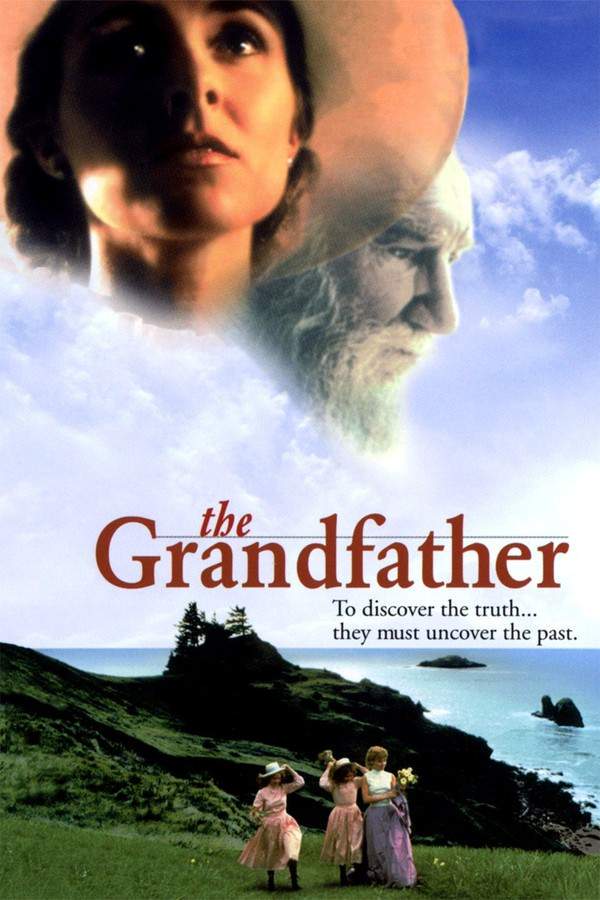
A Fortunate Man
A talented engineer leaves his humble beginnings to seek fortune and acceptance within Copenhagen’s upper class. His ambition and drive lead him to climb the social ladder, but the very pride fueling his ascent risks becoming his downfall. He must confront the complexities of wealth and status, and the potential cost of his relentless pursuit of success.
Warning: spoilers below!
Haven’t seen A Fortunate Man yet? This summary contains major spoilers. Bookmark the page, watch the movie, and come back for the full breakdown. If you're ready, scroll on and relive the story!
A Fortunate Man (2018) – Full Plot Summary & Ending Explained
Read the complete plot breakdown of A Fortunate Man (2018), including all key story events, major twists, and the ending explained in detail. Discover what really happened—and what it all means.
In the late 19th century, a young man named Peter Sidenius earns a place to study engineering at a university, leaving behind the rural rhythms of Jutland for the bustling, challenging life of Copenhagen. He breaks with his overbearing, devout father and the Calvinist values that shaped his upbringing, rejecting even a small symbol of his old world—a pocket watch gifted by his father. Peter is poor but determined, and his self-assurance drives him to work hard, carving out a path through a city that feels as thrilling as it is unforgiving. Along the way, he forms a bond with a quick-witted waitress who introduces him to the city’s pleasures and the wider social world, a connection that will fade as his social standing climbs.
Early in this journey, Peter encounters Ivan Salomon, a member of a wealthy Jewish banking family. Benjamin Kitter Salomon recognizes Peter’s intellect and dreams, especially his grand, transformative project to harness wind and water power to light up the country. With Ivan’s backing, Peter is pushed into the circle of free-thinking intellectuals, new political ideas, and the expectations of a moneyed class that measures merit in ambition as much as in achievement. In Copenhagen, a complicated triangle forms: Jakobe, the Salomon daughter who should have been promised to Eybert but falls instead for Peter, binds his fate to the Salomon fortune and social world. Katrine Greis-Rosenthal Salomon becomes a central, bittersweet force in Peter’s life.
As Peter’s reputation grows, he encounters the stubborn realities of politics and governance. He cannot secure ministerial approval for his audacious plan to bring irrigation, canals, and new energy networks to the country, and his pride begins to blind him to the practicalities of making such a dream real. The elder Salomon, Tommy Kenter Salomon, urges a pragmatic path and ultimately decides to send Peter to Austria to refine his ideas and gather expert opinions. This push to Europe further isolates Peter from the traditional expectations of Danish society, and Jakobe’s feelings become more entangled with the uncertain future his work promises.
News from home arrives in a troubling form: Eberhardt Sidenius, Peter’s brother, travels the rumor mill to tell of their father’s grave illness. Because the Sidenius family has reservations about Jakobe’s Jewish background, Peter chooses duty over family and travels to Vienna, not returning for his father’s funeral. Jakobe, determined and fearless in her own right, travels to Austria to see him, crossing lines that her family might deem scandalous. The two share a powerful, intimate connection, and Jakobe becomes pregnant, a secret that will complicate every choice they make.
In Austria, scholarly voices validate Peter’s engineering visions, and Ivan and his father formalize financial backing for the project. Meanwhile, Jakobe’s affection grows stronger, and she plans a wedding and a future that could take them to England. Hidden from Peter, his widowed mother moves to Copenhagen, begging him to return to a Christian life. She tries to press his father’s pocket watch into his hands once more, but Peter, unsettled by his mother’s tale of hardship and pained by the memory of his own rebellion, walks away without the watch.
A crucial project meeting moves forward, but the political reality remains fragile. Peter refuses to apologize for an earlier outburst, allowing pride and stubbornness to derail the project just as it seems poised to succeed. His mother dies, leaving him the pocket watch and a letter that offers a final, quiet guidance from the life he sought to break away from. He returns to Jutland to bury his father beside a grave that now seems more like a misstep in a life spent chasing a perfect solution than a final resting place. During this countryside sojourn, his gaze strays to Inger, the Vicar’s daughter, and he faces a personal reckoning about faith, fate, and the meaning of success.
Back in Copenhagen, Peter’s ambitions collide with social reality. He calls off the engagement with Jakobe, who is pregnant but silent about the future she’s planning with or without him. Copenhagen society rejects him, and he finds himself returning home, destitute. Jakobe, however, makes a decision of her own: she keeps her pregnancy, and with depth of purpose she uses what remains of her inheritance to establish a charity school for abandoned and orphaned children in the city. The rift between Peter and Jakobe deepens, but a thread of complexity remains—their shared dream and the costs they pay for choosing truth over comfort.
In a final, quiet turn, Jakobe travels to Jutland to see Peter one last time. He reveals that he is dying of cancer, and the two exchange a poignant, unresolved goodbye. Peter bequeaths the remainder of his modest estate to Jakobe’s school, a gesture that embodies the life they might have built together if circumstances had allowed. In the closing image, Peter walks to the shoreline—the very spot where he once celebrated his admission to the university—now a place of reflection rather than triumph, as the sea meets the land and a life of ambition meets the heavy, human truth of sacrifice and choosing what endures.
That shoreline scene closes a circle of passion, pride, responsibility, and redemption, leaving Jakobe to carry forward a legacy rooted not in a single triumph, but in the quiet power of education and care for the vulnerable. The film remembers that a life’s worth is often measured not by the distance from one’s beginnings to public acclaim, but by the stubborn, hopeful acts that endure when the world refuses to grant easy advancement.
Last Updated: October 01, 2025 at 13:05
Explore Movie Threads
Discover curated groups of movies connected by mood, themes, and story style. Browse collections built around emotion, atmosphere, and narrative focus to easily find films that match what you feel like watching right now.
Movies about tragic ambition like A Fortunate Man
Character-driven tales where relentless pursuit of success leads to a poignant downfall.If you liked the emotional journey of A Fortunate Man, explore other movies about tragic ambition. These films feature characters whose drive for success leads to a poignant personal cost, often ending on a bittersweet note that balances loss with the memory of what was gained.
Narrative Summary
These narratives typically follow a protagonist on a determined climb, driven by pride or a desire to transcend their origins. Their success is often paralleled by a growing emotional isolation, leading to a crisis that forces a reckoning. The ending is rarely purely tragic, instead offering a complex mix of regret and a fragile, often posthumous, redemption.
Why These Movies?
They are grouped by a shared focus on the emotional weight of ambition, a melancholic and reflective tone, and a narrative structure that finds meaning in the ruins of a grand, yet flawed, life. The pacing is deliberate, allowing the audience to fully absorb the character's internal conflicts and the consequences of their choices.
Somber period dramas about class like A Fortunate Man
Historical dramas exploring the quiet tragedies of climbing the social ladder.For viewers who appreciated the historical setting and class themes of A Fortunate Man, this section highlights similar somber period dramas. These movies often feature characters navigating the complexities of wealth, status, and family duty in bygone eras, resulting in emotionally heavy and thought-provoking stories.
Narrative Summary
Stories in this thread are grounded in a specific historical period, using the setting to amplify themes of duty, legacy, and societal constraint. The central conflict revolves around a protagonist's attempt to gain acceptance in a higher social stratum, which inevitably creates tension with their origins, family, and personal values. The narrative pace is typically slow, prioritizing atmosphere and emotional depth over fast-paced action.
Why These Movies?
These films share a common DNA of historical setting, a focus on class dynamics as a primary source of conflict, and a consistently melancholic or somber tone. They appeal to viewers seeking a immersive, thoughtful experience that explores the human condition within the constraints of a particular society and time.
Unlock the Full Story of A Fortunate Man
Don't stop at just watching — explore A Fortunate Man in full detail. From the complete plot summary and scene-by-scene timeline to character breakdowns, thematic analysis, and a deep dive into the ending — every page helps you truly understand what A Fortunate Man is all about. Plus, discover what's next after the movie.
A Fortunate Man Timeline
Track the full timeline of A Fortunate Man with every major event arranged chronologically. Perfect for decoding non-linear storytelling, flashbacks, or parallel narratives with a clear scene-by-scene breakdown.

Characters, Settings & Themes in A Fortunate Man
Discover the characters, locations, and core themes that shape A Fortunate Man. Get insights into symbolic elements, setting significance, and deeper narrative meaning — ideal for thematic analysis and movie breakdowns.

A Fortunate Man Spoiler-Free Summary
Get a quick, spoiler-free overview of A Fortunate Man that covers the main plot points and key details without revealing any major twists or spoilers. Perfect for those who want to know what to expect before diving in.

More About A Fortunate Man
Visit What's After the Movie to explore more about A Fortunate Man: box office results, cast and crew info, production details, post-credit scenes, and external links — all in one place for movie fans and researchers.


